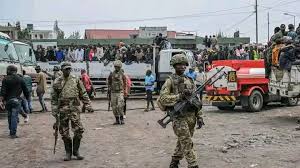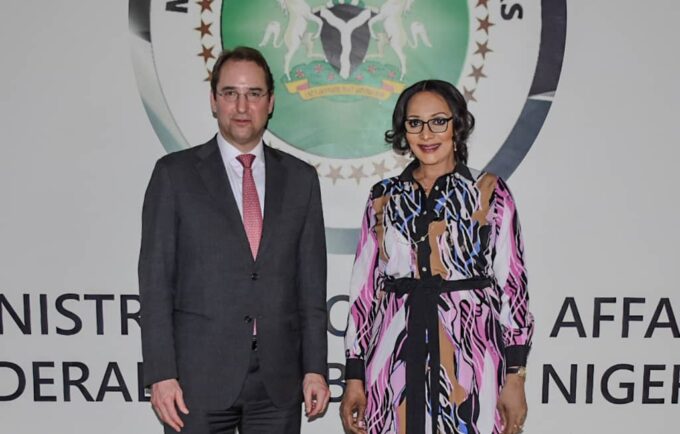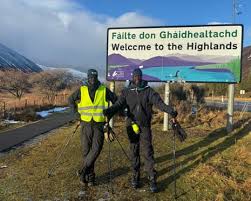Seven migrants deported from the United States have arrived in Rwanda, marking the beginning of a controversial deportation agreement between President Donald Trump’s administration and the East African nation. The deal, announced earlier this year, will see Rwanda take in up to 250 deported migrants, sparking questions about legality, human rights, and Rwanda’s role as a destination for displaced people.
According to government spokesperson Yolande Makolo, the first group of seven vetted migrants landed in Rwanda in mid-August. She revealed that four of them will remain in Rwanda, while three chose to return to their home countries voluntarily. Their nationalities were not disclosed.
Rights groups have raised concerns that such deportations could breach international law if individuals are sent back to countries where they face potential torture, persecution, or abuse. Nonetheless, Ms Makolo stressed that Rwanda would ensure the migrants receive “appropriate support and protection.” She added that they are being accommodated by an international organisation, while the International Organization for Migration (IOM) and Rwandan social services will provide regular assessments and support.
An IOM spokesperson confirmed that the migrants were met to assess their basic needs, but offered no further details. Earlier, Ms Makolo defended Rwanda’s role, telling the BBC that “nearly every Rwandan family has experienced the hardships of displacement,” referencing the country’s history of genocide in the mid-1990s.
Rwanda has a track record of hosting refugees and asylum seekers. Between September 2019 and April 2025, nearly 3,000 people trapped in Libya were evacuated to Rwanda under a UN and African Union agreement, with many later resettled elsewhere. Rwanda also previously signed a deal with the UK in 2022 under former Prime Minister Boris Johnson’s Conservative government to accept asylum seekers. However, the Labour government under Sir Keir Starmer scrapped the plan in 2024 after legal challenges, despite the UK already paying Rwanda £240 million ($310m) and building facilities to house the arrivals. The fate of those facilities remains uncertain.
The new US-Rwanda arrangement comes as part of Trump’s sweeping mass deportation drive, a central focus of his second term since January. At least a dozen other countries have reportedly agreed to accept deported migrants under similar agreements. However, questions remain about whether there is a financial element to the latest deal with Kigali.
Meanwhile, Rwanda continues to play a sensitive role in regional politics. In June, Trump’s administration mediated a peace agreement in Washington between Rwanda and the Democratic Republic of Congo aimed at ending decades of conflict in eastern Congo. Rwanda has faced repeated accusations of backing the M23 rebel group operating in DR Congo allegations it has consistently denied.
As the first deportees arrive, the deal has reignited global debate: is Rwanda a safe haven for migrants, or a nation being used as a dumping ground in controversial deportation schemes?














Leave a comment